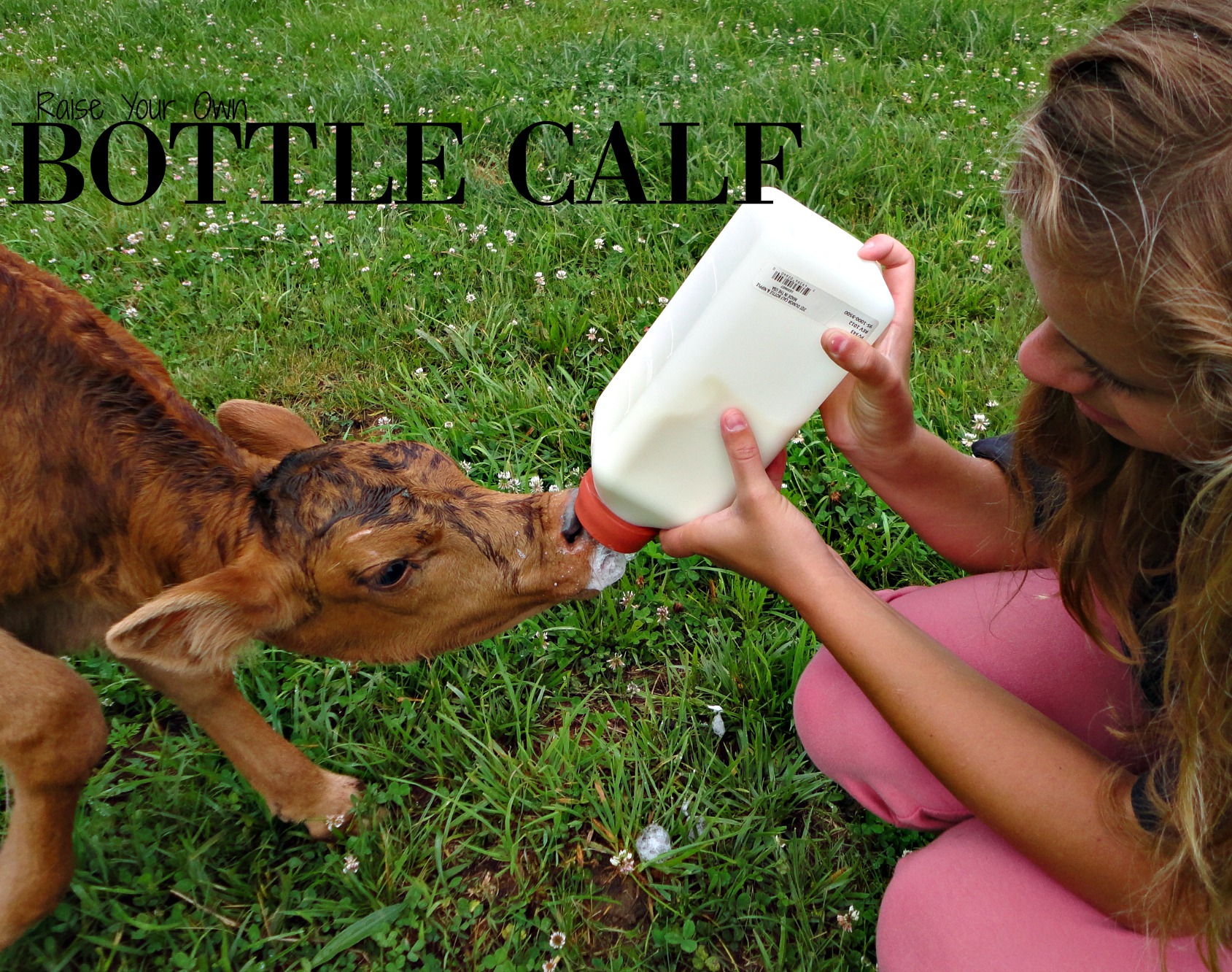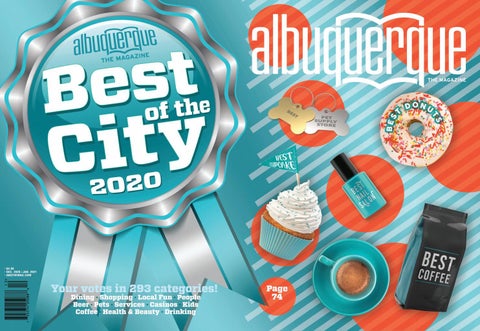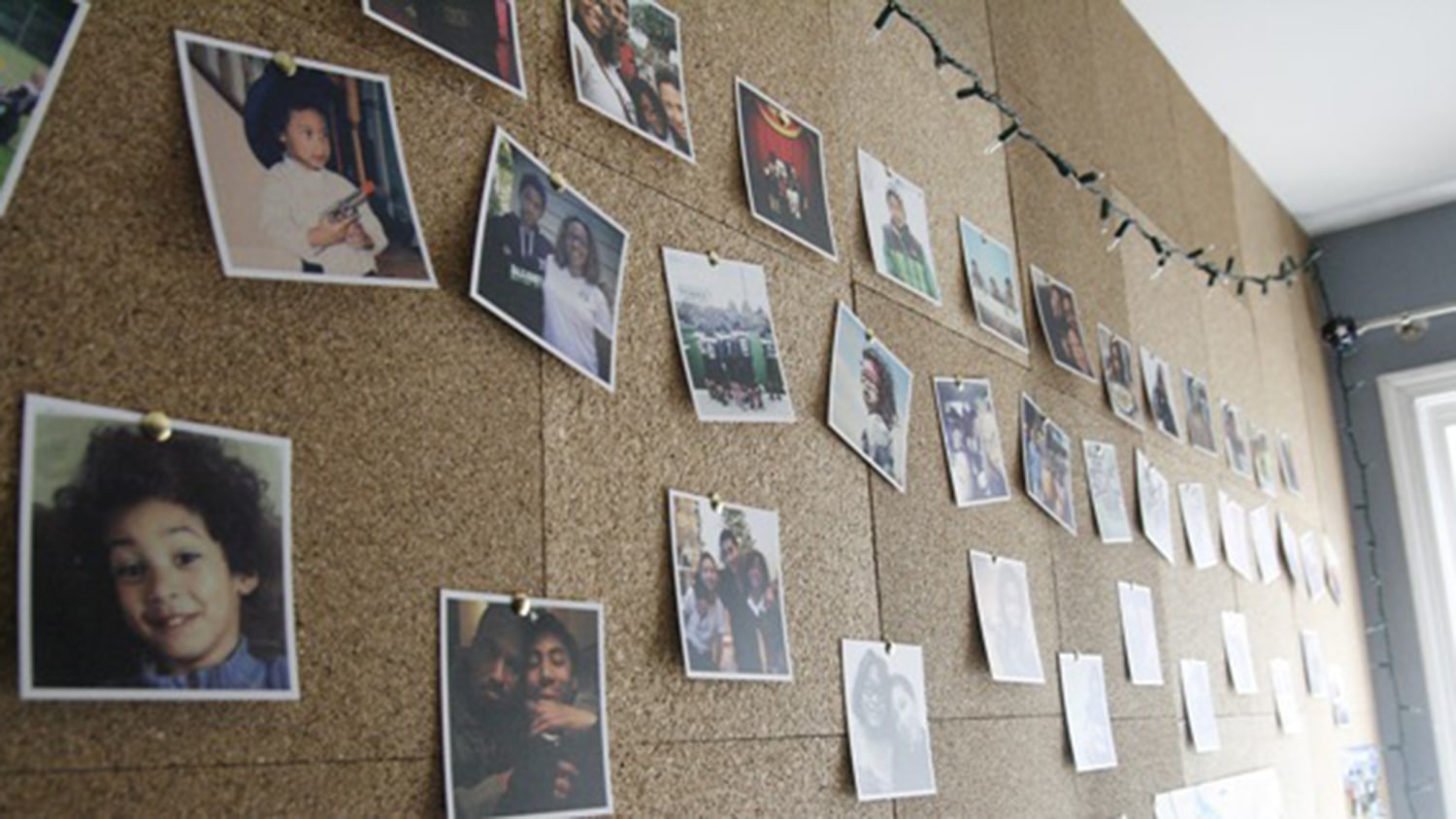
Once, my mother handed over six hundred dollars to a woman sobbing outside a United Way, enabling her to cover her rent and avert homelessness. My mom didn’t have that kind of money to give away. In fact, she seldom had funds at her disposal. For significant milestones—like graduations and my 21st birthday—she would write me IOUs, which I kept forever without ever redeeming.
She could captivate an audience for hours with her incredible anecdotes. There was the instance where she aimed to charm a date at a party, oblivious to the fact that her artificial front tooth was glowing green under the blacklight. Then there was the moment she drew a blank on the word “log” and instead referred to it as “rolled wood.” And who could forget the time she was late for a crucial dinner and hastily applied her makeup in the car, mistakenly using black eyeliner on her lips? “Everyone burst into laughter,” she would say with a smile.
My mother was loving, kind-hearted, and uproariously amusing.
Yet, I often felt like the only individual who didn’t idolize her. As a child, I recognized that my friends’ mothers seemed to have a grasp on life that mine lacked. Those kids were never tardy for school, brought their own lunches, and always had signed homework. Their moms picked them up from school on time. Although I lacked the words to articulate it, my home felt different. Wine was a staple in our household, but I didn’t make the connection between alcohol and its consequences. All I longed for at that age was to be like everyone else.
It wasn’t until high school that I began to understand that my mother’s forgetfulness was symptomatic of something deeper. I recall a moment when she called me, sobbing, because I had forgotten to feed the dog. She’s lost it, I thought at 16. If I returned home late, I would find her dozing on the couch, unable to wake. In the mornings, I had to rouse her to drive me to school. I sensed that something was awry with her job, though I knew she was not being truthful with me about it. I started to distance myself, feeling lonely in my insights and frustrated that she didn’t fit my idea of what a mother should be. As I entered my twenties and thirties, my irritation escalated alongside her decline. The more she drank, the less she ate, slept, or functioned, and my resentment grew until it became insurmountable.
Yet, I never directly confronted her about my anger or her drinking. My mom envisioned us as akin to the Gilmore Girls—best friends, kindred spirits, more like siblings than mother and daughter. She would join me in watching the show, saying, “I always thought we’d be like this,” and I would remain silent. I convinced myself that by allowing her to believe we were close, I was doing her a favor. If I shielded her happiness, perhaps she would prefer a healthier lifestyle.
Instead, I talked to her about going to West Elm to browse rugs. I would text her suggestions for romantic comedies on Netflix. I pretended that wine wasn’t the barrier between us until the moment a blue-eyed doctor, hidden behind his mask, informed me that my mom required surgery to survive, but wouldn’t make it through due to her liver’s state.
“What about her liver condition?” I inquired.
“Advanced cirrhosis,” he responded. “She would need a liver transplant, which she wouldn’t qualify for.”
My resentment towards my mother over two decades turned out to be justified. She had been drinking herself to death. However, being right had never felt so disheartening.
Because now it was a lost cause. I had squandered a lifetime avoiding what this doctor said in 30 seconds. My mom was poised to pass away that day, and I had done nothing to prevent it. In thinking I was safeguarding her feelings, I was merely shielding myself from the difficult truths.
We touched on the delicate topic of alcohol only once. I had been trying to conceive for nearly five years. After each unsuccessful treatment cycle, she would encourage me to try again, eager for me to have a child. Bitter from my anger, I thought: why did she care? She couldn’t be a grandmother in the way I envisioned—like mine, who marched with me in parades and embraced me so tight it hurt. By that stage, my mother spent most of her time sleeping. She lacked the energy to hold a baby.
She must have seen my expression that time. “You know I’d never drink wine around your baby,” she said unexpectedly.
“Okay,” I replied. “That’s good.”
That exchange was the most genuine we’d ever had, and all I could come up with was, “Okay. That’s good.”
In her hospital room, I examined the marks in her earlobes from years of wearing heavy earrings. I studied the remnants of red polish on her toenails. Although confronting the tangible reminders of her illness was excruciating, I committed her form to memory, aware it was the final time I would see her. I wished to articulate something to ease her passing, but even with countless memories between us, like the green breakfasts on St. Patrick’s Day and tomato soup when I was unwell, I could only think: how could you let it deteriorate this way? How could you abandon me? How is this love? I was 34. There was so much life still before me, and she wouldn’t be here to witness it. It felt as if, given the choice between me and wine, she had chosen wine.
I wanted to believe I wouldn’t convey that same pain to my child, should I ever have one.
“You were a wonderful mom,” I said, kissing her hand. “Thank you for everything.”
Six weeks later, I discovered I was expecting.
Before her passing, I had embarked on the complex journey of a frozen embryo transfer. In the dark weeks that followed, I adhered to the injections, attended doctor’s appointments, and cried into my mask as they measured the thickness of my lining. My grief was so palpable that I doubted the transfer’s success. When my doctor shared the unexpected yet joyful news, I called everyone in my life—my aunts, my dad, my friends. But I couldn’t reach the one person who deserved to know she had been right. I did need to keep trying. Losing her created a void no one else could fill.
Throughout my life, from greetings to farewells and often during the in-between, my mom would shower me with kisses all over my face. Dozens of kisses at a time, smothering my cheeks, hair, and neck, leaving marks of red lipstick on my skin. She would hold me tight and hum in my ear, mmmph, as if I were a delightful treat. That sound still resonates with me. Mmmph.
Now my daughter is two. At the start and close of each day, and all day long, I kiss her everywhere on her face. Dozens of kisses, enveloping her. Her chubby cheeks, her warm neck, her delicate curls. Sometimes I leave behind traces of lipstick. Mmmph, I murmur as I embrace her. I feel my mother’s presence in those moments.
My mother and I won’t share the experience of being mothers together, but now that I have become one, I comprehend her in a new light. She longed for me to have a child not merely for the sake of becoming a grandmother, but because she wished for me to experience the joy that came from having her as my own mother. Her kisses were an expression of disbelief in my existence, given freely because she was compelled to. She kissed me because nothing compares to the feeling of telling your child you love them. If there were truths my mom couldn’t share, I am grateful she voiced that love.
I can’t alter the reality that my mother and I never openly discussed alcohol. I will always harbor anger toward both of us for our choices to deceive ourselves and one another. I’ll question if honesty could have made a difference. All I can do now is cherish the understanding that her drinking and her love for me existed separately. One did not erase the other. If my mother made any decision, it was to shield me from what she could not change by hiding her truth.
“I’m in heaven,” she would proclaim, seated in her blue chair with a glass of wine, while outside the Arizona monsoon raged, the kitchen door ajar, and the gas fireplace flickered. Radiant. “I’m in heaven.”
I’ve never felt more connected to my mom than I do now. I’m in heaven too, but I’m alive. Each night, I lay my daughter down to sleep in her nursery. She embraces me in the dark as I kiss her marshmallow-like cheek.
“I love you,” I whisper with a kiss. “I love you.” Kiss. “I love you.”
With every kiss, I am at the side of my mom’s hospital bed. I am letting her know: we can’t revisit the past, but I’m transmitting your love forward, from mother to mother to daughter.
Taylor Hahn is a writer and lawyer based in Los Angeles. She is the author of A Home for the Holidays and The Lifestyle.
P.S. Three women share their intricate mother/daughter dynamics, and “I kept contemplating: do I drink too much?”
(Photo by Victor Torres/Stocksy.)
# Insights from Growing Up with an Alcoholic Mother
Experiencing life with an alcoholic mother presented one of the toughest challenges of my existence. It shaped my life in unforeseen ways—both good and bad. Despite the hardships, it imparted crucial lessons about resilience, establishing boundaries, self-care, and forgiveness. If you’ve endured anything similar, I hope my reflections can assist you in finding clarity and healing.
## 1. **Alcoholism is a Disease, Not a Choice**
As a youth, I often questioned why my mother couldn’t simply quit drinking. I believed if she loved me sufficiently, she would stop. Over time, I recognized that alcoholism is a disease rather than a mere choice. Addiction alters the brain, making it exceptionally hard for someone to stop drinking without professional intervention. This realization helped me distinguish my mother from her addiction—it wasn’t a lack of love for me; rather, it was a struggle with something beyond her control.
## 2. **You Can’t Fix Someone Who Doesn’t Want to Change**
For years, I endeavored to be the “ideal child,” thinking that if I behaved flawlessly, my mother would cease her drinking. I thought that just providing her happiness would eliminate her need for alcohol. But I ultimately came to terms with the fact that no level of love, effort, or sacrifice could bring about change unless she wished it. This realization was painful, yet it taught me that personal healing is necessary for growth.
## 3. **Boundaries Are Essential for Survival**
Growing up in an unstable setting made me constantly cautious, trying to avoid aggravating my mother’s anger or sadness. As I matured, I realized that establishing boundaries was crucial for my emotional and mental protection. I learned it was acceptable to say no, to withdraw when necessary, and to prioritize my well-being. Setting boundaries didn’t reflect a lack of love for my mother; instead, it signified loving myself enough to guard my peace.
## 4. **It’s Okay to Ask for Help**
For an extended period, I felt ashamed of my family life, keeping it confined to secrecy. I didn’t want anyone privy to the struggles occurring behind closed doors. However, suppressing my feelings only intensified the burden. When I finally sought assistance—from a trusted teacher, a friend, and later a therapist—I discovered I wasn’t alone. There were individuals who cared and wanted to offer support. Reaching out for help doesn’t signify weakness; it demonstrates strength.
## 5. **I Am Not Defined by My Mother’s Addiction**
A major challenge I confronted was the fear that I might follow in my mother’s footsteps. I fretted that I was destined to repeat the cycle of addiction and dysfunction. Yet I learned that while my past had shaped me, it didn’t confine me. I possessed the ability to make different choices, pursue therapy, and construct a healthier life for myself.
## 6. **Forgiveness is for Me, Not for Her**
For years, I harbored anger and resentment towards my mother. I felt abandoned, wounded, and betrayed. However, clinging to that pain only damaged me. Forgiveness didn’t equate to condoning her actions or pretending everything was fine—it meant releasing the bitterness so I could heal. I learned that forgiveness is a gift we offer ourselves, not always the person who caused us pain.
## 7. **Breaking the Cycle is Possible**
Many children of alcoholics grapple with their own mental health and relationships. I had to work diligently to unlearn unhealthy coping mechanisms and cultivate healthier methods to manage stress. Through therapy, self-reflection, and support from those I love, I realized that I didn’t have to perpetuate the patterns I was raised in. I could forge a different path for myself.
## **Final Thoughts**
Growing up with an alcoholic mother was painful, but it also fortified me. It taught me resilience, empathy, and the significance of self-care. If you’ve been through something similar, know that you are not alone. Healing is attainable, and you possess the power to create a life distinct from the one in which you were raised.
If you’re struggling, don’t hesitate to seek support. Whether it’s through therapy, support groups like Al-Anon, or confiding in a trusted friend, assistance is available. You deserve tranquility, healing, and happiness.




